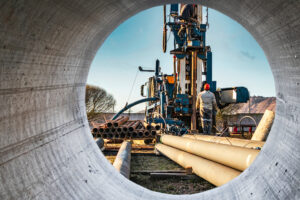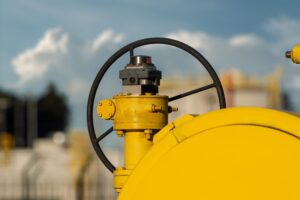How many cars are driving around the U.S with ethanol fuel? How quickly could E85 cars be produced for use in the U.S.?
In a 2011 report by the RFA, (Renewable Fuels Association) President and CEO Bob Dinneen stated that “new technologies are on the cusp of commercialization, promising to dramatically expand this industry’s ability to meet the nation’s growing need for energy with a renewable alternative.”
It is understandable that the oil crisis will not have an overnight solution, but what about increasing production of E85 cars with government incentives to purchase them?
While hydraulic fracturing (fracking) goes on in the United States, and precious water is lost through forcing of fluid deep into shale rock to release natural gas, ethanol is biodegradable and sans the controversy of fracking as well as allows our natural resources to be less depleated.
Dinneen also stated in his report that in 2010, American ethanol production replaced 445 million barrels of imported oil and helped support more than 400,000 jobs across the country. This same report showed that there are an estimated 204 ethanol bio-refineries right here in the United States.
Production of ethanol comes from corn. A fairly new e85prices.com website states that there are currently 2900 filling stations for e85 fuel operating as of March 2012.
There are an estimated 9 million vehicles traveling across U.S. Highways that are considered to be Flex-Fuel vehicles. This means that they can use ethanol, which is a blend of 85% ethanol and 15% gasoline, or they can use unleaded gas. 95% of the vehicles in America are able to use some ethanol already.
If the U.S. can decrease the dependency on oil, it certainly would have many advantages for the economy right now. Many things are in place already to move forward for incentives to increase E-85 production and the vehicles that use it.
One bushel of corn is said to equal 2.8 gallons of ethanol and 17.5 pounds of livestock feed. What are we waiting for?
This is an issue for the oil industry to work on in cooperation with other industries. While so many focus on competition, one such leader of such cooperation within the oilfield supply industry is MSI Products who works simultaneously with the United States, Canada, Mexico, Scotland, Venezuela, and other countries to bring ISO certified quality products into the oilfields and does their part in helping to protect and preserve the environment.




